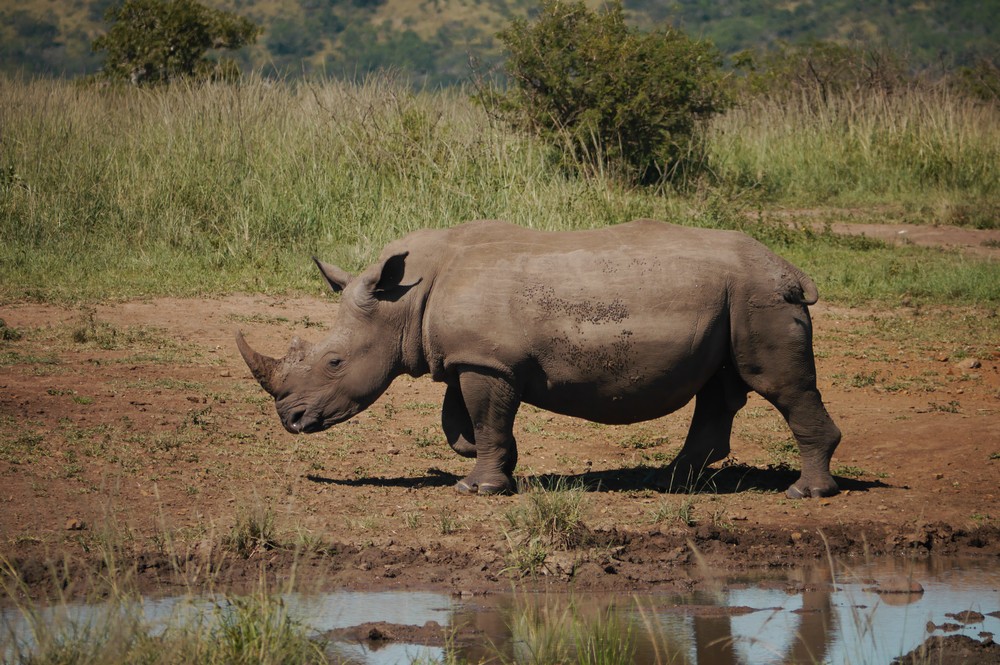The recent case of Dumisani Moyo, a high-profile wildlife trafficker in Zimbabwe, has once again shown the importance of cracking down on corruption.
In other areas of our lives, corruption is well-known, called out and eventually tackled. Since we’ve just had the football World Cup, let’s remind ourselves of the FIFA scandal of 2015: the news was widespread and, with all the public furore surrounding it, there was real backing for the issues to be addressed and those responsible reprimanded.
Unfortunately, wildlife crime cases also suffer. Many cases get ‘thrown out’ of court for what seems at best incompetence and at worst blatant abuse of the system, aka corruption.
In the past few years, there have been several cases in Zimbabwe alone that showed signs of corruption. Each time this happens, we are staying one step behind the traffickers, the people at the top of the ‘food-chain’ continue to make their deals and sadly, rhinos continue to be in the firing line.
International bodies are working on this, with the United Nations Convention Against Corruption recognising the links between corruption and wildlife crime in November, calling on all countries to do more. Similarly, African rhino experts (the African Rhino Specialist Group) continue to see the value of improving enforcement and ending corruption to combat these crimes, with reference in the African Rhino Range States’ African Rhino Conservation Plan to the importance of tackling corruption. But such ambitions are nothing without action.
For those working on the ground, it is disheartening to see criminals being released on bail and promptly absconding, or receiving paltry fines. Rangers risk their lives when confronting armed gangs, who think nothing of shooting their opponents. When a poacher gets off scot-free, the effect on team morale must be devastating.
It’s vital that corruption around wildlife crime is tackled, especially as the criminals working in this area are often those within organised crime syndicates that have links to human trafficking and the trade in illegal drugs and weapons.
While we have courts that accept bribery, the illegal trade in rhino horn will continue. We must get to a place where alleged poachers are tried with all the necessary evidence presented, and those found guilty received effective deterrent sentences, regardless of their class, knowledge or networks.
Each successful prosecution is a step in the right direction. Ultimately, when we win more of these smaller battles, we will be much closer to preventing the illegal horn trade.








